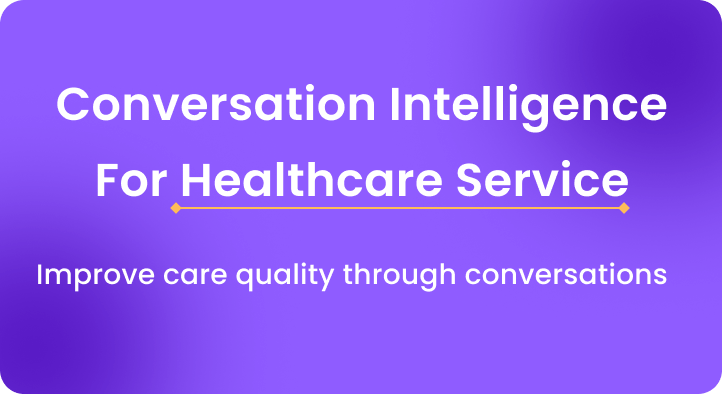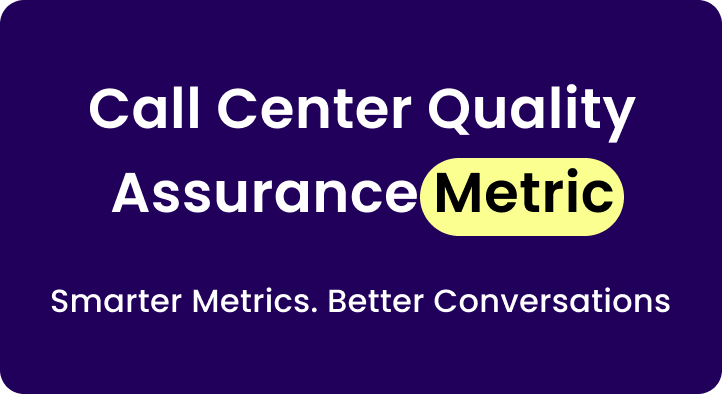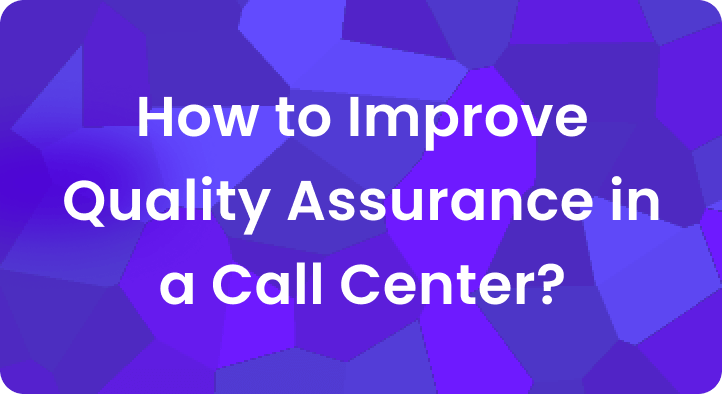AI-driven call center software improves efficiency by automating routine work, guiding agents in real time, and analyzing every customer interaction.
It removes repetitive tasks, reduces call handling times, and ensures managers have the insights needed to make faster decisions. Instead of working harder, call centers operate smarter with AI.
What is AI-driven call center software?
AI call center software uses AI and machine learning to process customer interactions.
Unlike traditional systems of connecting calls, AI will learn, predict, and automate.
For example, when a customer calls in with a billing issue.
With AI, the customer account details would pull up, the AI could suggest to the agent the next steps they can take, and follow up afterwards by sending messages automatically instead of manually.
This prevents agents from having to retrain, repeat, or go over a work process and saves everyone time.
AI tools integrate with CRM and VoIP systems, so agents have all customer history at their fingertips in one place.
The result is less time searching for information and more time to solve problems.
How AI-driven call center software improves efficiency?
1. Automating routine tasks
Many customer requests are repetitive balance inquiries, order tracking, and password resets.
AI-powered chatbots and voice bots handle these automatically.
This keeps agents free for complex cases that need human judgment.
As a result, call centers reduce call queues, shorten response times, and keep costs under control.
2. Intelligent call routing
Traditional routing assigns calls randomly or by availability. AI changes that.
It analyzes the customer’s history, query type, and agent skills, then sends the call to the best-fit agent.
This means fewer transfers, quicker resolutions, and higher customer satisfaction.
A first-call resolution saves both time and resources.
3. Real-time agent assistance
AI listens during live conversations and provides instant support. Agents get:
- Suggested responses.
- Compliance reminders.
- Prompts for cross-sell or upsell opportunities.
This reduces training time, lowers error rates, and shortens handling times, all without interrupting the flow of the conversation.
4. Predictive analytics
AI analyzes customer behavior to forecast future needs. For example:
- Identifying customers likely to cancel services.
- Spotting upsell opportunities based on purchase history.
- Anticipating call spikes based on trends.
With these insights, managers can allocate resources better and prevent issues before they happen.
5. Quality monitoring at scale
Traditional QA teams review only a fraction of calls. AI reviews 100% of interactions.
It checks tone, keywords, and compliance in real time.
This makes quality assurance faster, fairer, and more accurate.
Managers can spot patterns across thousands of calls instead of just a handful.
6. Sentiment analysis
AI tracks customer mood during and after calls. If frustration builds, managers can step in immediately.
Agents also receive coaching tips based on emotional cues.
This creates smoother interactions and prevents escalation, improving customer experience while saving time.
7. Reduced agent burnout
Agents often burn out from repetitive questions and high workloads.
AI reduces this pressure by automating low-level tasks and providing smart guidance.
Lower stress means fewer mistakes, higher morale, and less turnover all of which directly improve call center efficiency.



